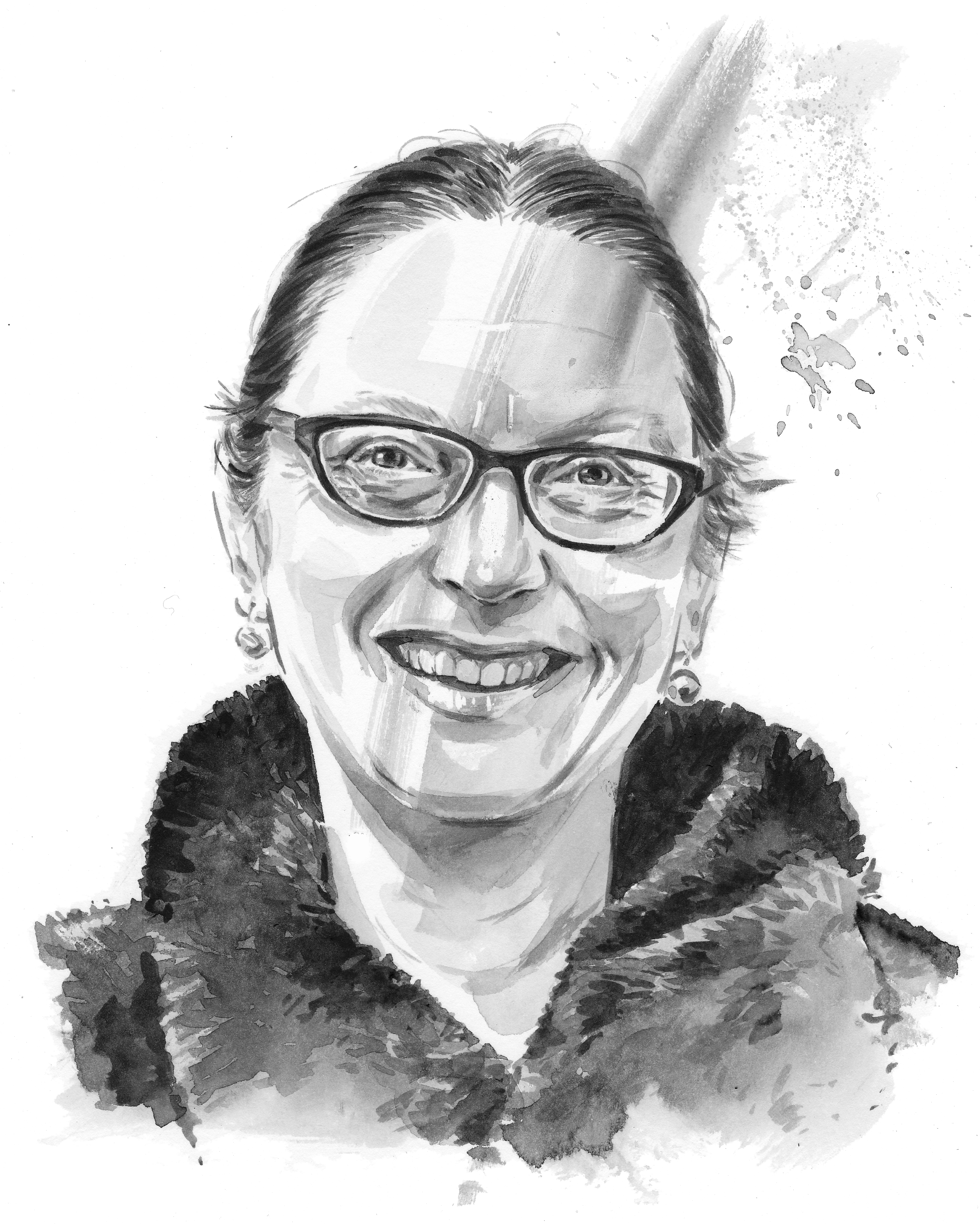Sir Keir Starmer reflected in his recent “mission” speech on “opportunity” that the people outside the education world are baffled about why people in education debate the relative importance of knowledge and skills. Starmer said: “Everyone with their feet on the ground in the real world knows you need both, and these old arguments, old practices, old divides - they’re holding our children back.”
This seems self-evident - of course we need both.
But there is more at play here. This is not really a debate about knowledge or skills - it’s a debate about competing theories of knowledge.
I am hugely influenced in my thinking on this by Professor Michael Young (you can read an interview with him here). In his book Knowledge and the Future School, he talks about three futures. These are really three theories of knowledge.
Young’s Future 1 is knowledge of the powerful. Crudely, in Future 1, knowledge is treated as largely given and elitist. It tends to be associated with one-way-transmission pedagogy and a view of learning that expects compliance from pupils. Young claims that Future 1 denies the social and historical basis of the organisation of knowledge.
Curriculum and knowledge
Future 2 reacts against this by viewing all knowledge as socially constructed in response to particular needs and interests. At its most extreme, knowledge is relative and this leads to the rejection of verifiable “truth”.
This represents a change from the old assumptions of knowledge and from seeing education as worthwhile in itself. It leads to an increasingly instrumental view of education as a means to an end - usually expressed as future employment. It has little concept of schooling that seeks to introduce pupils to knowledge beyond their experience. It leads to a move away from subjects and knowledge towards an emphasis on learning as “21st-century skills and competencies”, such as critical thinking and creativity. The assumption is that new knowledge is produced quickly so young people no longer need to acquire knowledge but to manage it.
More by Leora Cruddas:
Finally, Future 3: Young argues that, of course, knowledge is not given, as assumed in Future 1; it has social and historical origins, as Future 2 argues. However, it does not follow that because knowledge is social, there is no “better knowledge”.
Young argues that the “truth” and objectivity of knowledge is the truth of disciplinary communities - the nearest to truth we can get. These disciplinary communities are largely located in universities, as repositories of knowledge.
Future 3 differs from the idea of knowledge in Futures 1 and 2 in important ways. It explicitly locates knowledge in specialist communities of researchers in different fields. It is therefore not knowledge of the powerful, but rather powerful knowledge.
Unlike the relativist, open theory of knowledge in Future 2, Future 3 posits that knowledge is not arbitrary or responsive to any challenge - it is bounded by epistemic rules of the specialist, disciplinary communities.
Knowledge versus skills
Young trusts that the academic community will safeguard the continued development of disciplines and subjects in accordance with epistemic rules.
So where are skills located in Future 3? And in an era of increasingly contested “truths” and artificial intelligence, is it important to teach creativity, critical thinking, collaboration and communication?
My answer is a resounding yes!
But these cannot be taught in the absence of subjects. If we are going to think critically, we need to have something to think critically about. And the skills of critical thinking look different in different subjects.
I am an English teacher. Part of my teacher education was “critical language awareness”. This can be described as the skill of analysing how we use language. More specifically, critical language awareness is a consideration of how features of language such as words, grammar and discourse choices reproduce, reinforce or challenge certain vested interests, ideologies and struggles for power. It is quite technical but extremely useful as a way of thinking critically.
The way we teach critical thinking in history is very different from this.
In an age of artificial intelligence - and, perhaps even more importantly, with the proximity of generative artificial intelligence - the teaching of knowledge becomes even more important. Let’s not confuse the information (and disinformation) on the internet with richness of knowledge as we acquire it through our participation in and contribution to disciplinary communities.
But also, let’s focus on the importance of our role as educators to help our children and young people navigate the world by focusing on the things that make us human - our connection to each other, our ability to think both creatively and critically, our capacity for compassion and empathy.
So, to return to where this article started - we do, indeed, need both knowledge and skills. And we need a more mature debate about how curriculum is underpinned by a theory of knowledge and the science of how children learn. I think Keir Starmer is right: old arguments, old practices, old divides - they’re holding our children back. Let’s construct a future together beyond these old divides.
Leora Cruddas is CEO of the Confederation of School Trusts





